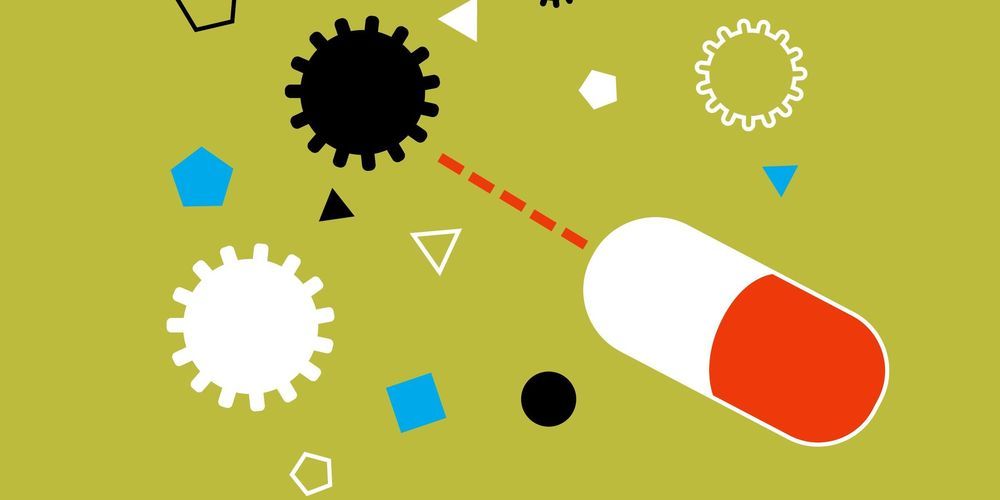What would trucks look like if they didn’t need to accommodate a human driver? Volvo Trucks’ Vera vehicle is an exploration of this idea, doing away with the cabin entirely so it can more efficiently tow goods around ports and factories. The freewheeling four-wheeler has just been assigned its first task, and will soon go to work delivering containers to a port terminal in Sweden.
Get the latest international news and world events from around the world.

Scientists Have Found Evidence a Strange Group of Quantum Particles Are Basically Immortal
Nothing lasts forever. Humans, planets, stars, galaxies, maybe even the Universe itself, everything has an expiration date. But things in the quantum realm don’t always follow the rules. Now, scientists have found that quasiparticles in quantum systems could be effectively immortal.
That doesn’t mean they don’t decay, which is reassuring. But once these quasiparticles have decayed, they are able to reorganise themselves back into existence, possibly ad infinitum.
This seemingly flies right in the face of the second law of thermodynamics, which asserts that entropy in an isolated system can only move in an increasing direction: things can only break down, not build back up again.

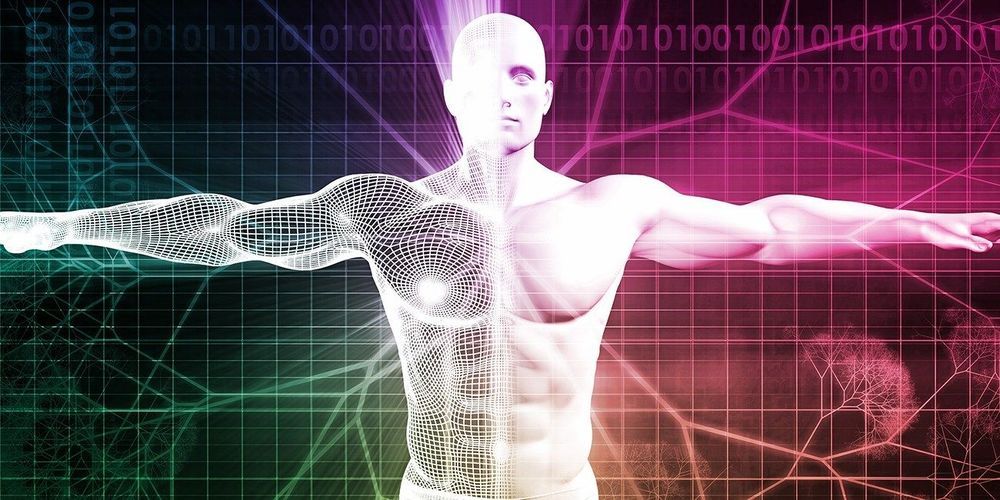
Anti-aging — Telomerase
Aging is one of the world’s greatest health problems. And subsequently, is the cause of most fatal diseases. Age-related processes are inevitable and cause a range of diseases. It is much more efficient and effective to tackle the aging itself rather than each disease it causes.
At the end of every chromosome are telomere caps which degrade as we age. This causes a number of issues. For example:

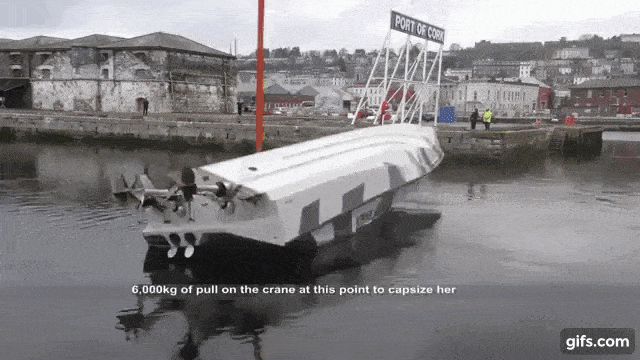
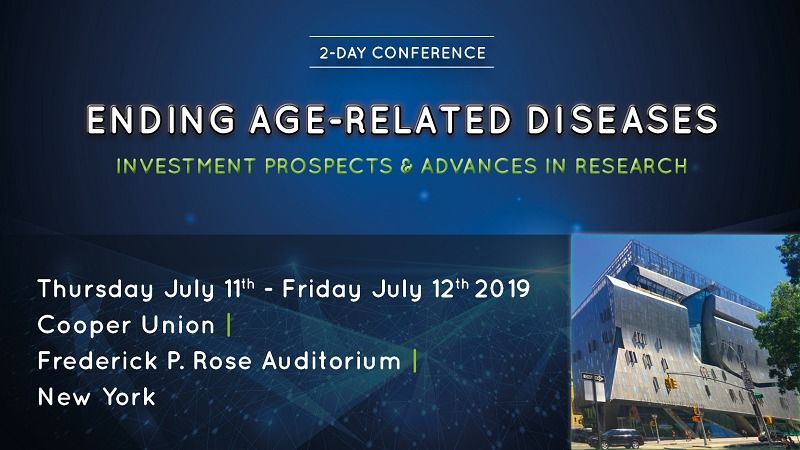
Ending Age-Related Diseases Conference – June Update
We are drawing close now to the Ending Age-Related Diseases Conference in New York City, so with less than a month before the big day, today is the ideal time to have a look at what has been happening.
Tickets are priced at only $500 and include access to two action-packed days of aging research and biotech business discussion. There will be talks covering the latest research progress along with talks involving the business and investment side of the industry, and this conference will feature a total of 34 leading experts in the field of rejuvenation biotechnology.
Refreshments and lunch are provided on site for your enjoyment during both days of the conference, and a conference program is available here.
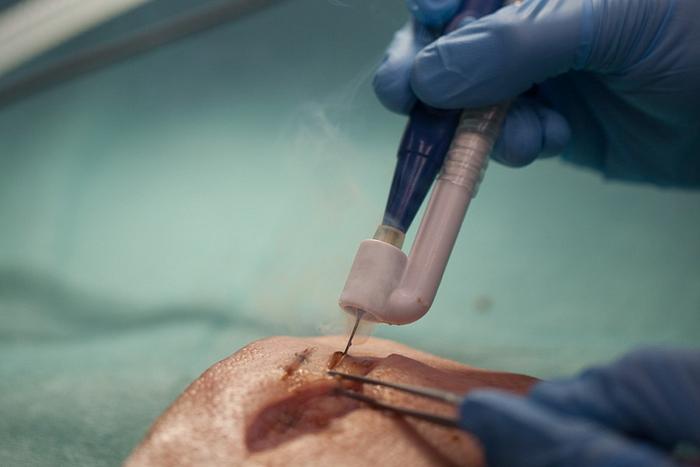
Artificial Nose identifies Malignant Tissue in Brain Tumours during Surgery
An artificial nose developed at Tampere University, Finland, helps neurosurgeons to identify cancerous tissue during surgery and enables the more precise excision of tumours.
Electrosurgical resection using devices such as an electric knife or diathermy blade is currently a widely used technique in neurosurgery. When tissue is burned, tissue molecules are dispersed in the form of surgical smoke. In the method developed by researchers at Tampere University, the surgical smoke is fed into a new type of measuring system that can identify malignant tissue and distinguish it from healthy tissue.
An article on using surgical smoke to identify brain tumours was recently published in the Journal of Neurosurgery. “In current clinical practice, frozen section analysis is the gold standard for intraoperative tumour identification. In that method, a small sample of the tumour is given to a pathologist during surgery,” says researcher Ilkka Haapala from Tampere University.
Inching Towards the Regulatory Classification of Aging as a Disease
This post originally appeared at Fight Aging!
Sizable factions within the research and advocacy communities are very interested in having aging officially classified as a disease, meaning its inclusion in the International Classification of Diseases maintained by the World Health Organization, as that is the basis for the definition of disease used by national regulatory bodies. The view is that this would open the door to greater large-scale institutional funding, more relevant clinical trials for therapies targeting the mechanisms of aging, and that this greater level of funding and activity will percolate back down the chain of research and development to accelerate progress. I think this a reasonable argument to make, though I would advocate for greater effort to be placed on finding a way to bypass the system rather than change it directly – the threat of competition tends to be more effective than petitions as a way to force change.
Lobbyists have made more progress towards classifying aging as a disease. The World Health Organization (WHO) has implemented the extension code “Ageing-related” (XT9T) in the latest version of the International Classification of Diseases (ICD). The previous version, the ICD-10, was released in 1983 and is now replaced by the new version, the ICD-11, which is expected to serve the medical community for many years, much as its predecessor has.
